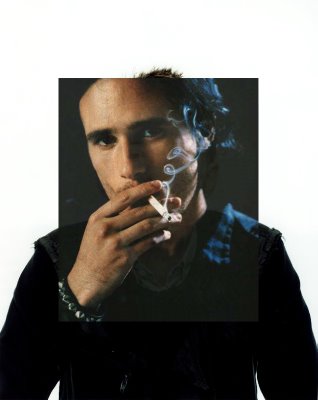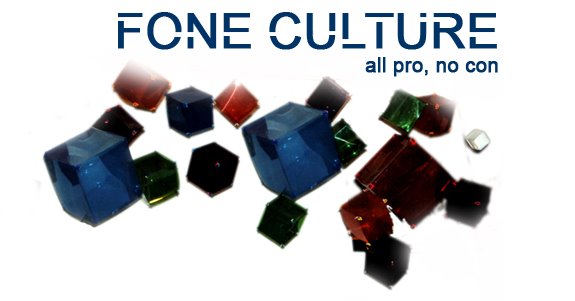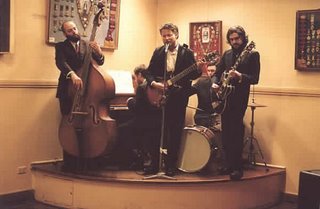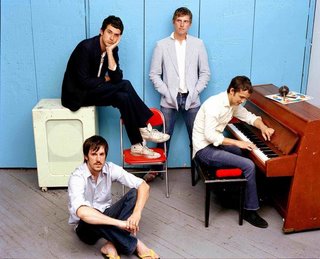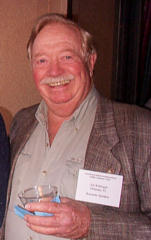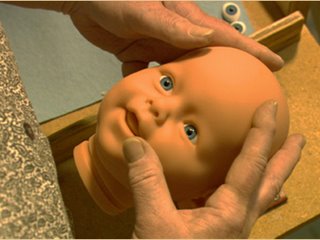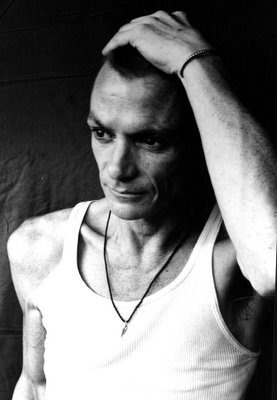 Chris Whitley (b. 1960, Houston. d. 2005, Houston)
Chris Whitley (b. 1960, Houston. d. 2005, Houston)A friend emailed me last Friday. "Did you hear that Chris Whitley died? They announced it during the Grammys." I hadn't heard. I got on the Internet. I discovered that, not only had he died as long ago as
November (of lung cancer) he had released 4 records in the past few years that I wasn't even aware of. I felt sad and guilty that I had stopped paying attention. I can't even really say why. I only know that there are some artists who stand outside of music fashion and consistently produce work of their highest quality that, for whatever reason, I take for granted. I had gone to see Whitley whenever he played in town and bought all of his records up to 2001's
Rocket House. But I guess at some point he slipped under my radar....
Sometime before 1998, Chris Whitley found himself without a contract after his label, the Work division of Columbia, folded. His response was to make a sparse recording in a barn of solo performances featuring just his hoarse voice, rusty sounding steel guitar and boot stomping called
Dirt Floor (If that description sounds terrible to you, it does to me too. I don't like my music "rootsy", "folky" or "bluesy". Instead picture a huskier Jeff Buckley mumbling minimal, swampy "scrapyard lullabies" with atonal, fractured alternate tunings). There is a frequent thread on the Internet "Name 10 perfect albums. Albums where you don't have to skip a song." I can't even think of 5, but
Dirt Floor is one of them. It's short, 9 songs in fewer than 30 minutes. But it's as complete a listening experience as any album I own. The aesthetic choice of this kind of simplicity was a statement of independence itself: that if you take away all the sophisticated production and flushed out band arrangements, Whitley could still deliver something perfect, with just his feet, hands and voice. The title song itself took the metaphor further: "There's a dirt floor underneath here/ To receive us when changes fail/ May this shovel loose your troubles/ Let them fall away." This is one of the most comforting psalms I've ever taken to heart. The worst that could happen to us is death – which is just rest, in the earth.
Dave Matthews, who said in memoriam that Whitley's music was more important to him than his own, created a label called ATO and had the good sense to sign Whitley, giving his career a second chance. After this, he experimented with electronics a bit on
Rocket House. I felt at the time it was both a cliché to marry electronics to older music forms hoping to cheaply modernize them, and that it also worked. I guess at this point I might have assumed he was safe in the hands of his new benefactor and lost concern.
During my reinvestigation last Friday, when I bought most of the records I missed off
emusic, I discovered something sublime: the album he released in his last year of life called
Soft Dangerous Shores. I don't know what lung cancer did to his throat, if anything, but there was more whisper and rasp now. The dissonant alternate tunings and wire brush timbres of his playing were still intact, but the whole thing was submerged in a sonic ambience that won't show its face to my discerning ear. It's difficult to pinpoint where the sense of ethereal distance is coming from, or what the textural ghosts are that pop in and out of the mix. Is it reverb, synthesizer? What is being played? It is the musical equivalent of disembodiment. A truly disorienting listening experience, more suited to emotional provocation than most. I thought of how Jeff Buckley's guitarist Michael Tighe said after Buckley's death, about Buckley's erratic behavior in his later days, that the parameters of experience are wide open for someone in the transformative period which will result in death. He compared it to a cocoon and butterfly. Not two separate things, life and death, but all one big thing with stages. Whitley sounds both physically shredded by illness and like he has begun to glow out his fingers and mouth.
I saw Whitley once at St. Andrews. He was touring
Dirt Floor and had rigged a "Boot Box" which was a wooden plank with a microphone underneath to amplify his one footed-blues stomp. But they EQ'd it like an 808 drum machine – an odd juxtaposition of sound and style. But fucking rad. His set was flawless and huge. One man making a mighty sound. I caught him at the bar after and he was tiny, greasy, shy. –almost shifty – and his teeth were stained gray from tobacco. I had read his bio about a childhood of wandering vagrancy and that he had busked for money on the streets of NY to try and start a career, but you usually assume hyperbole in those things. In person, he really looked the part of a hustler. He was very kind to me. I asked him all the questions I could think of.
A few years later, he was touring with the rhythm section from Madeski, Martin and Wood. They were playing the Shelter. The turnout was moderate. He must have been having technical difficulties – I had no idea – but suddenly he stormed off stage. The band followed in shock after a minute. I thought, at the time, it was a pretty diva thing to do. But then, after a bit, he swallowed his pride and took the stage again. You could see he felt embarrassed for overreacting. I always admired that move; the way he checked himself and finished out the set strong.
I'm sad he's dead. I don't know why. Death still seems very abstract to me. I don't romanticize it and I don't indulge fantasies of a connection with the musicians I listen to. Yet, it bothered me when Elliott Smith died and it bothers me that Chris Whitley died, and that I did not even know it. I think maybe it's because I listen to people whose musical choices and the human spirit they put in song exhibit a type of courage and conviction. Those qualities seem more real to me than other things like jobs and cars and politics. And so does the death and absence.
Chris Whitley – Fireroad, For Two (From "Soft Dangerous Shores")Chris Whitley – City of Women (From "Soft Dangerous Shores")Chris Whitley – Dirt Floor (From "Dirt Floor")Chris Whitley – Loco Girl (From "Dirt Floor")
